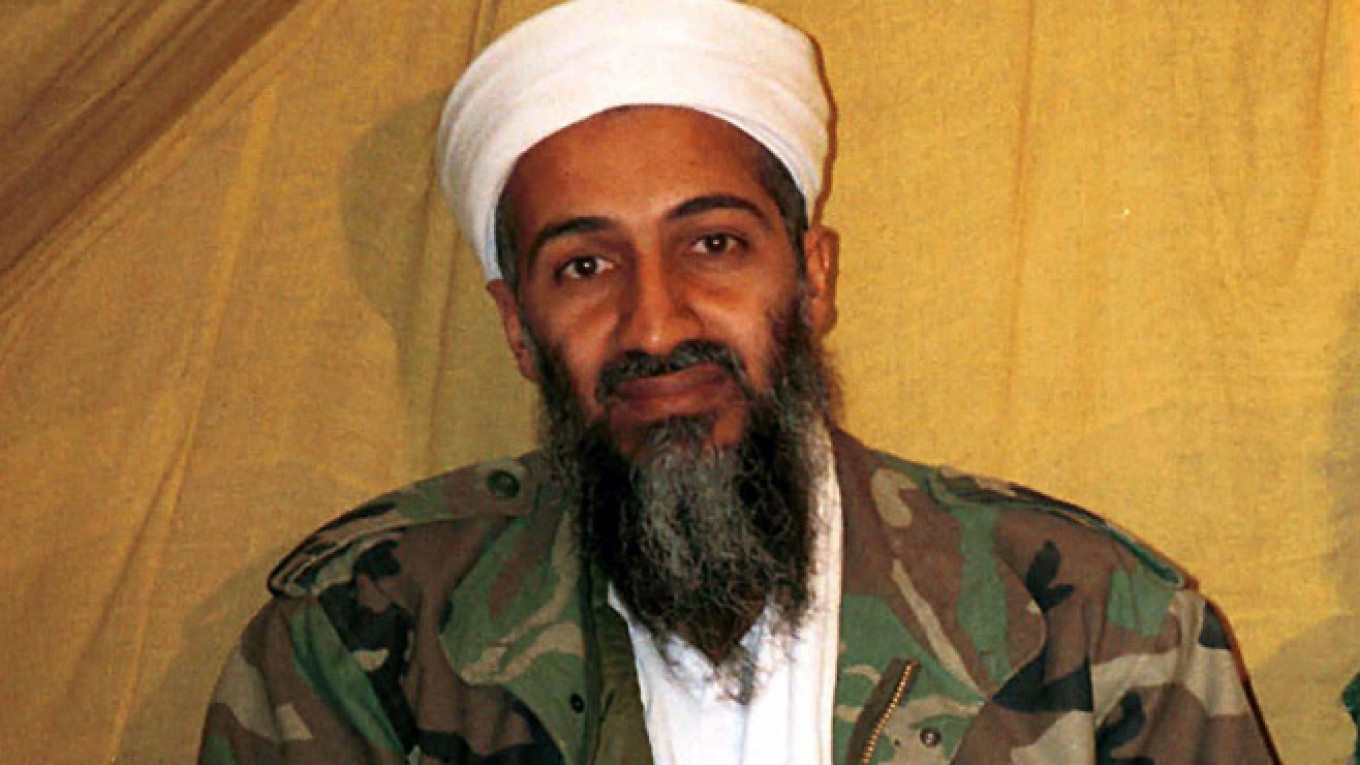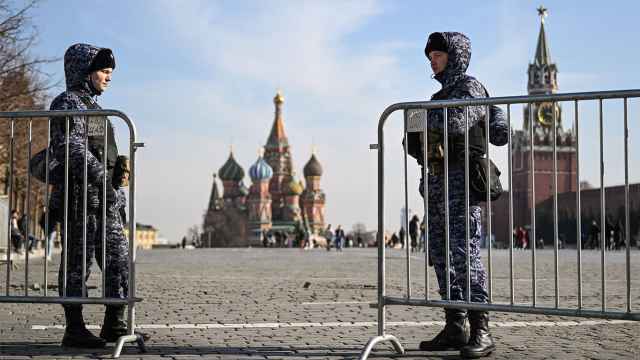Newly declassified documents seized when U.S. forces stormed Osama bin Laden's compound in 2011 indicate that al-Qaida had been planning a series of attacks in Russia, but the plots failed because of "bad luck."
The collection of more than 100 letters and internal al-Qaida memos, seized at the Abbottabad compound in Pakistan in 2011 and released by the U.S. Office of the Director of National Intelligence on Wednesday, includes a document titled "Report on external operations," which provides an account of failed plots in Russia, Britain and other European nations.
"We had sent a number of brothers to Britain and Russia and Europe to be prepared and ready to work before the end of the year," the undated memo reads.
Attacks in Russia were supposed to focus on either "exploding the gas line or the American Embassy" in Moscow, the memo said. In Britain, terrorists were to select from "a number of targets," depending on what they found "suitable."
The plots failed, however, "due to many reasons," the memo said. "First of them was bad luck, and God wasn't on our side."
Terrorists appeared to travel without hindrance, with the possible exception of three people who may have been detained in Denmark, according to the memo. Several others were detained in Britain, but al-Qaida leaders were "not sure if they belong to us or not," the memo said.
Besides that, "according to our knowledge, the brothers have not faced any security problems," the memo said, and then proceeded to express frustration at the failed plots: "The situation didn't go as well as we wish."
The documents released Wednesday also include lists of English-language books and magazines found at bin Laden's compound, along with a selection of newly declassified letters and memos translated from Arabic and an al-Qaida application form.
The form, whose opening lines read like a bureaucratic or a corporate human resources questionnaire, begins with instructions: "Please answer the required information accurately and truthfully. Please write clearly and legibly."
It asks applicants about their education — particularly their knowledge of the Quran, foreign languages, preferences for "science or literature," and any acquaintance with people working in chemistry, communications, or who are government employees.
"List the types of passports you possess. Did you use a real or forged passport for your current travel?" the form reads. "Do you wish to execute a suicide operation? Who should we contact in case you became a martyr?"
Books found on bin Laden's shelves included titles by Noam Chomsky and journalist Bob Woodward, along with other Western publications on democracy, the war on terror, international relations, and a selection of conspiracy theories.
Contact the author at newsreporter@imedia.ru
A Message from The Moscow Times:
Dear readers,
We are facing unprecedented challenges. Russia's Prosecutor General's Office has designated The Moscow Times as an "undesirable" organization, criminalizing our work and putting our staff at risk of prosecution. This follows our earlier unjust labeling as a "foreign agent."
These actions are direct attempts to silence independent journalism in Russia. The authorities claim our work "discredits the decisions of the Russian leadership." We see things differently: we strive to provide accurate, unbiased reporting on Russia.
We, the journalists of The Moscow Times, refuse to be silenced. But to continue our work, we need your help.
Your support, no matter how small, makes a world of difference. If you can, please support us monthly starting from just $2. It's quick to set up, and every contribution makes a significant impact.
By supporting The Moscow Times, you're defending open, independent journalism in the face of repression. Thank you for standing with us.
Remind me later.






